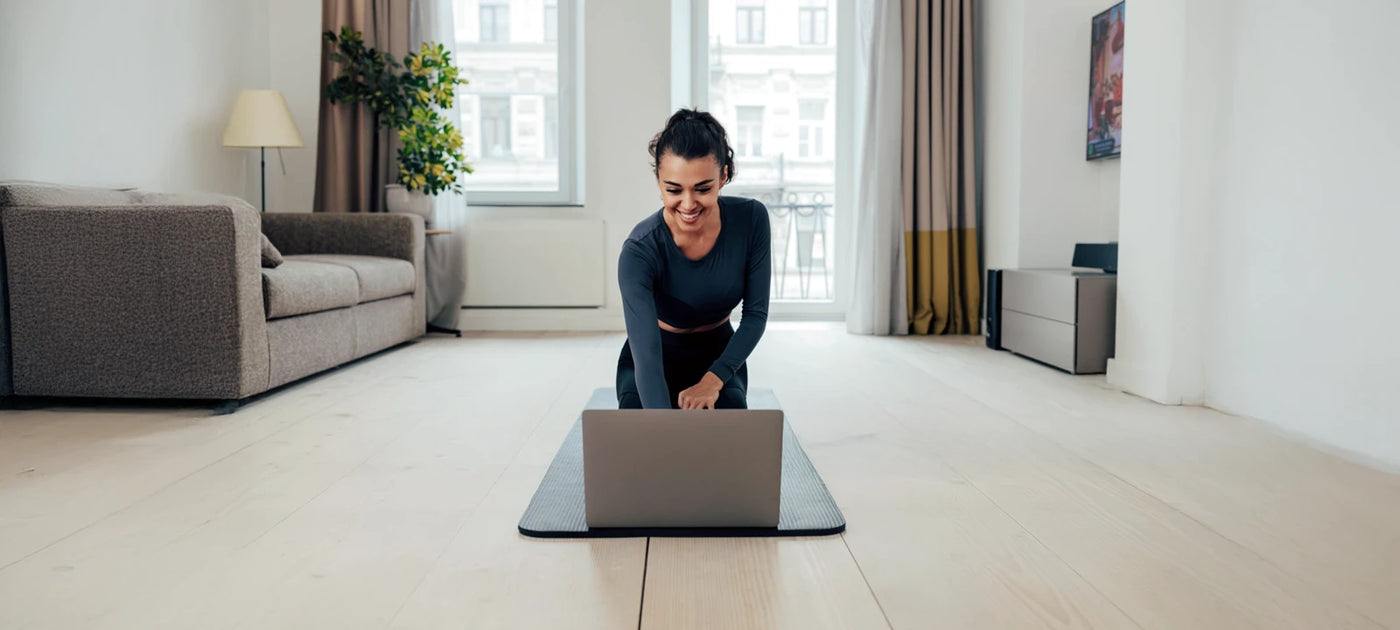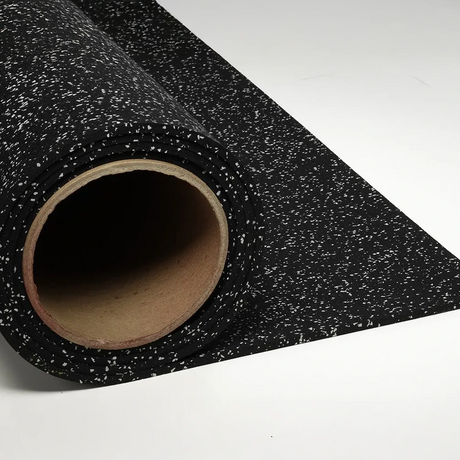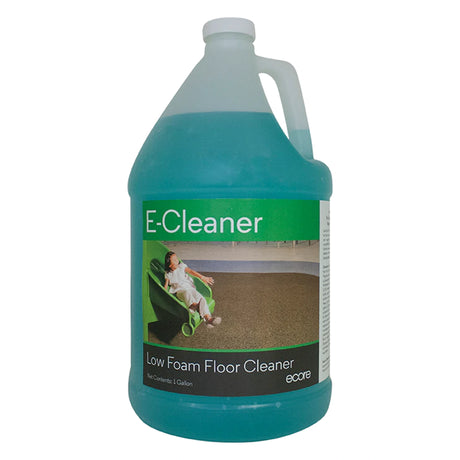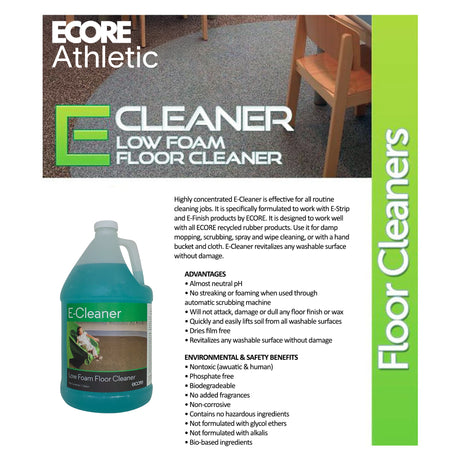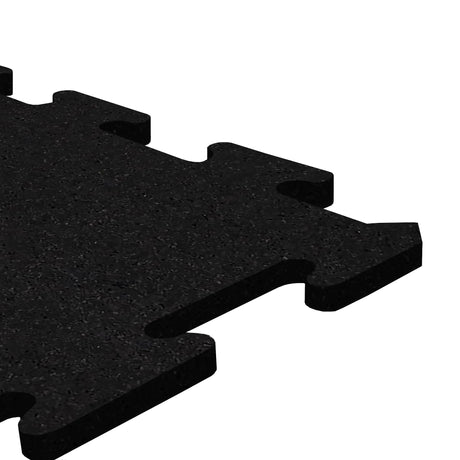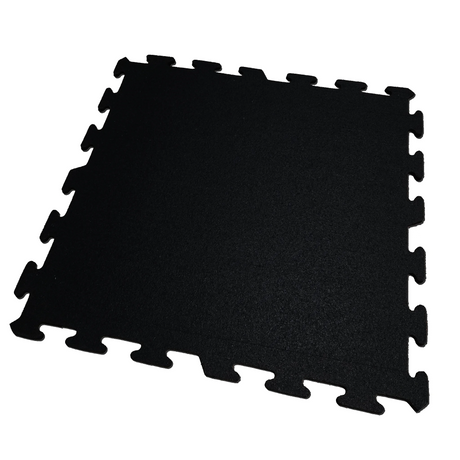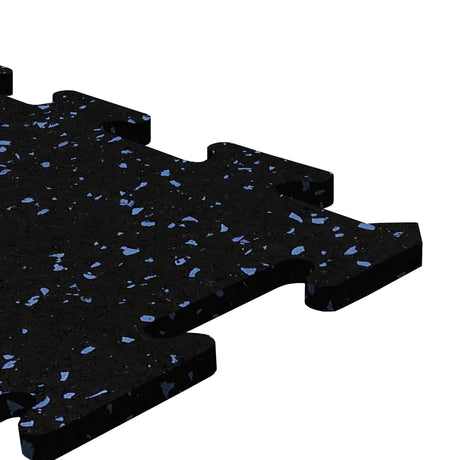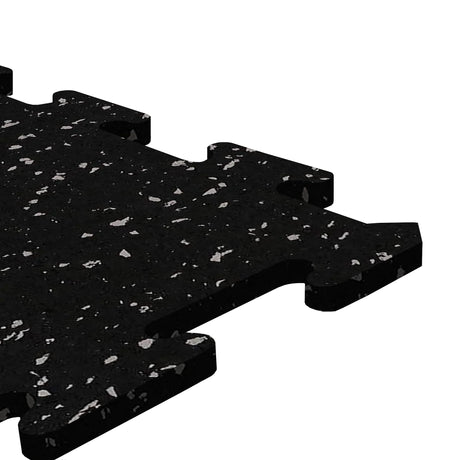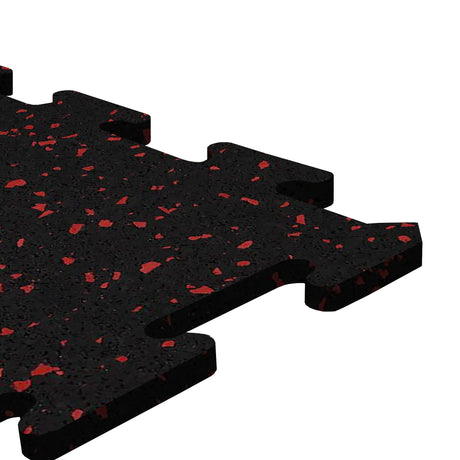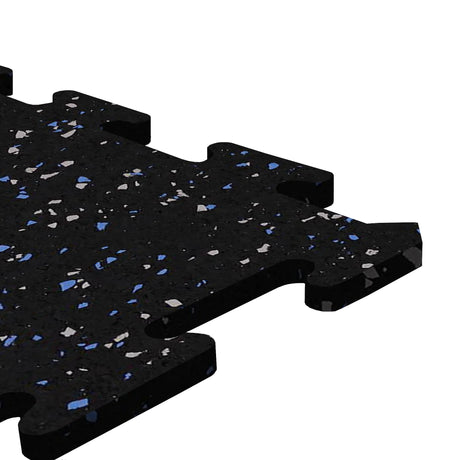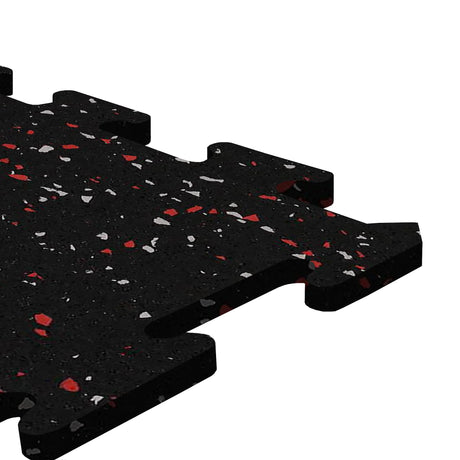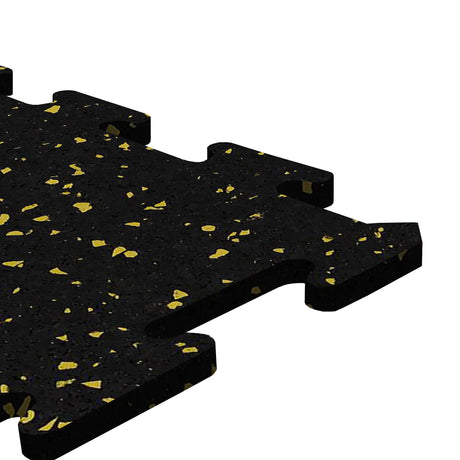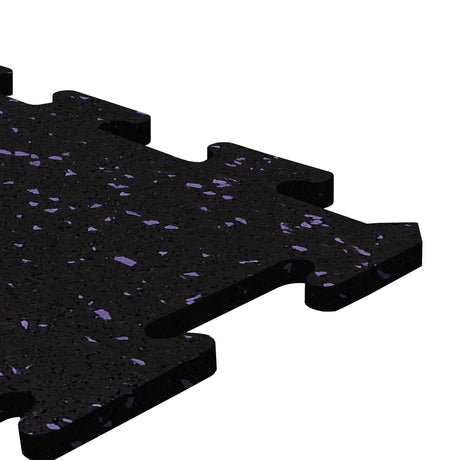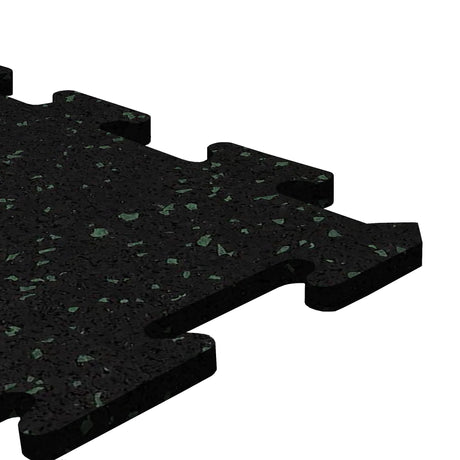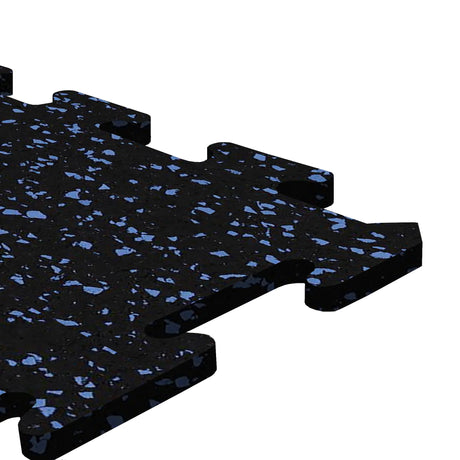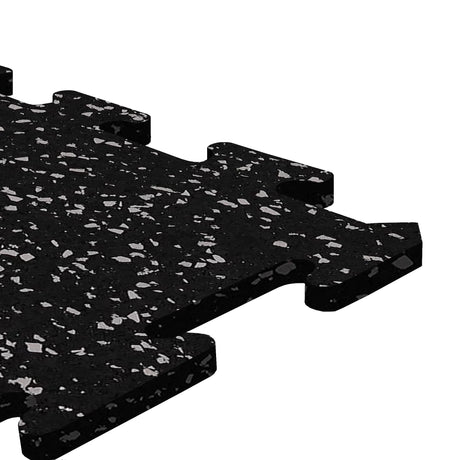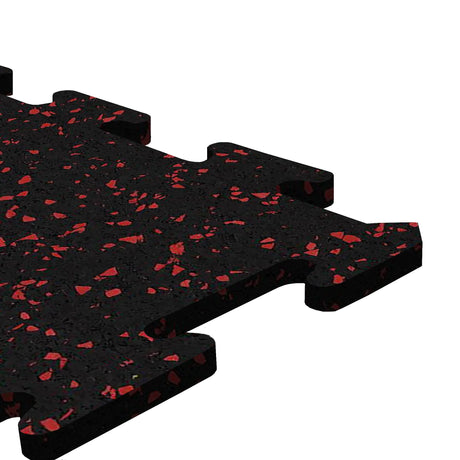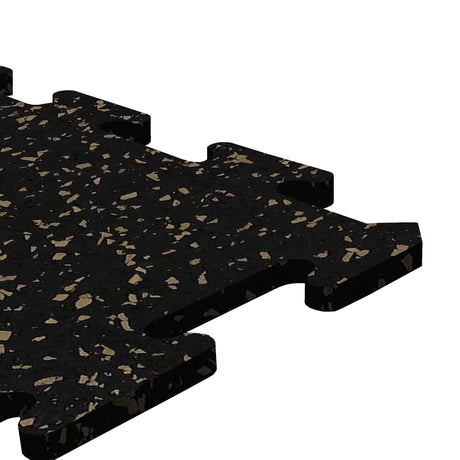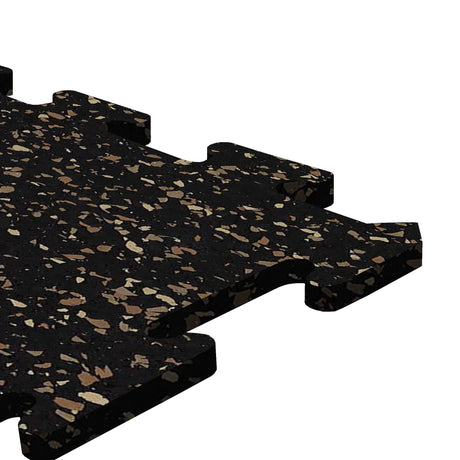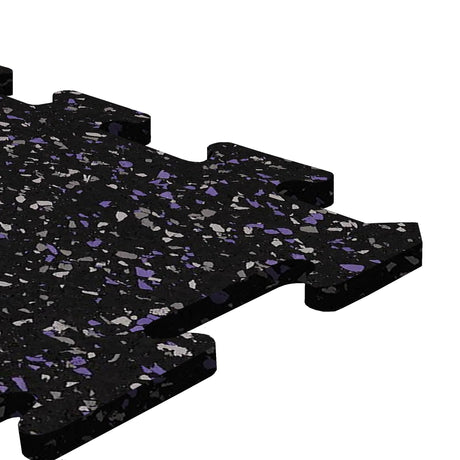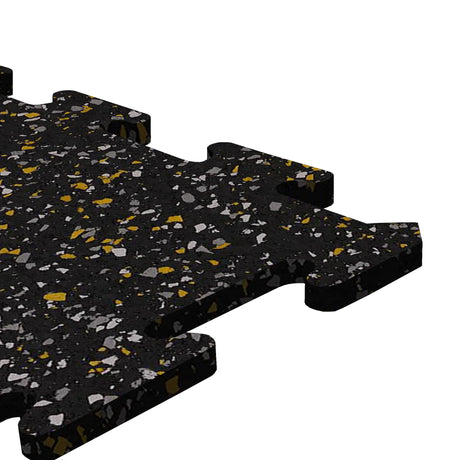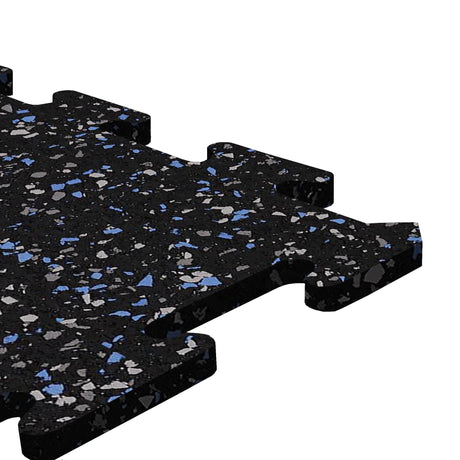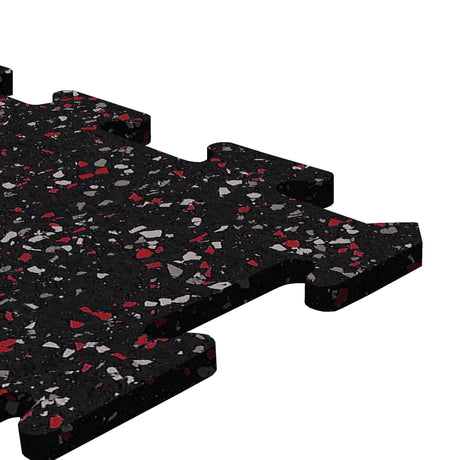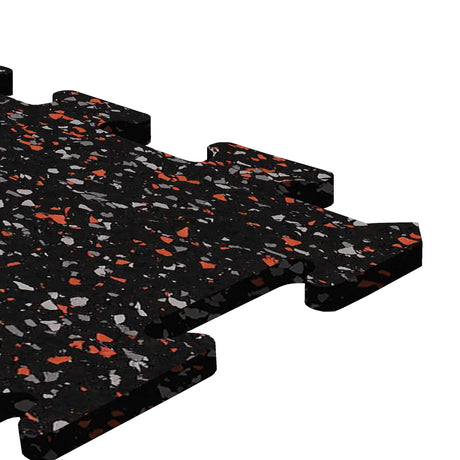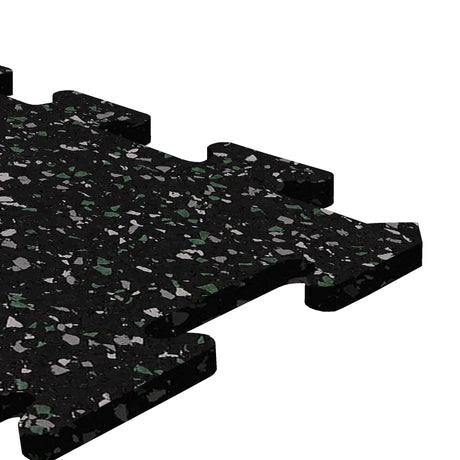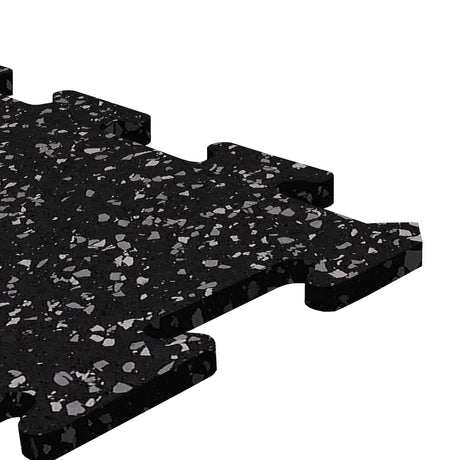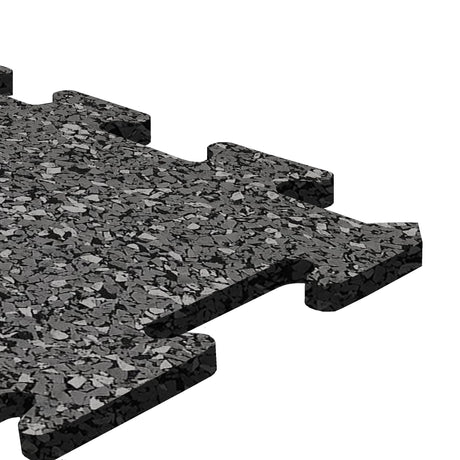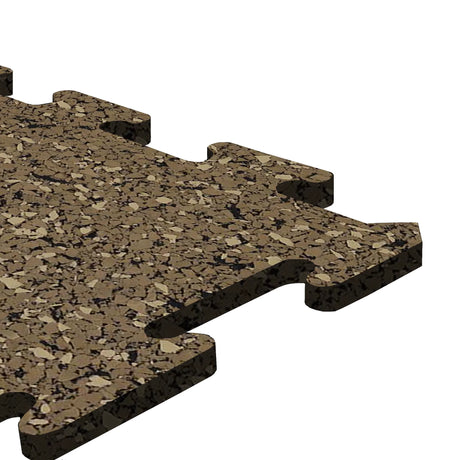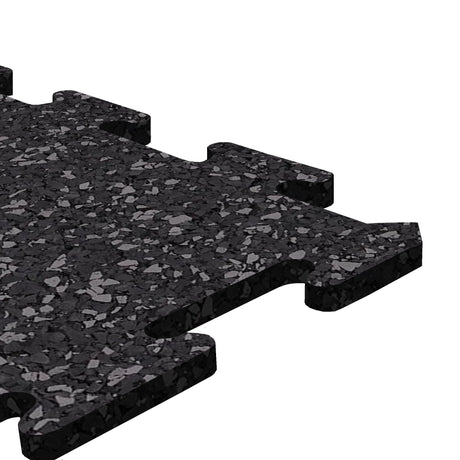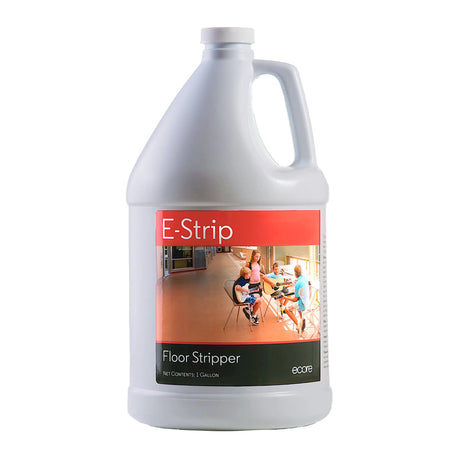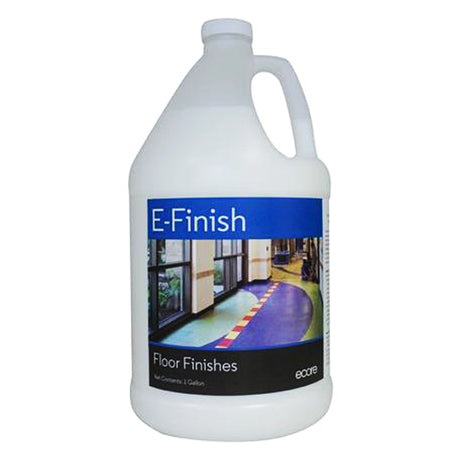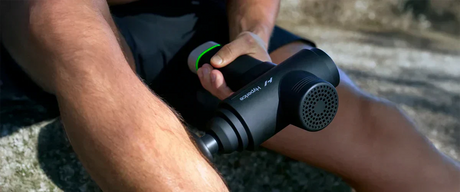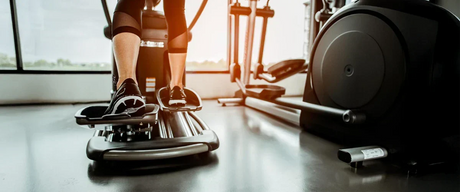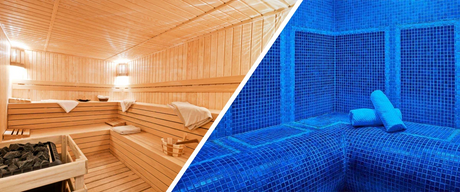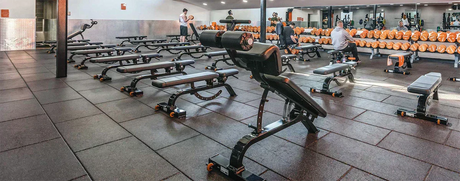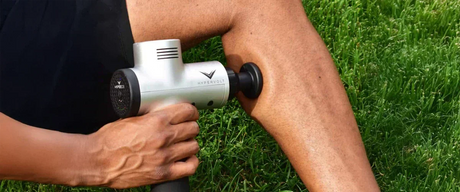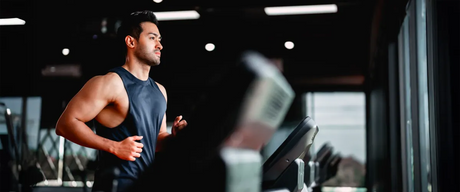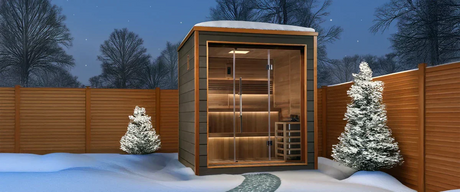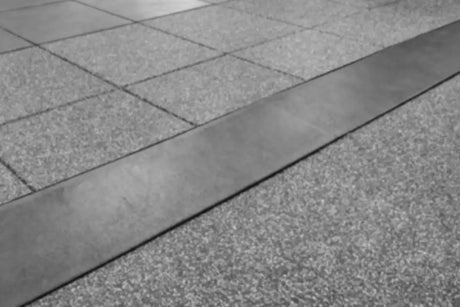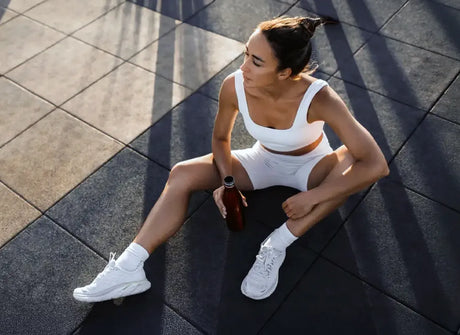Table of Contents:
- The Ultimate Guide to Gym Flooring
- Why Gym Flooring is Essential for Your Workout Space
- What Is Gym Flooring?
- The Key Benefits of Gym Flooring
- Types of Fitness Flooring: Find Your Perfect Match
- Floor Mats for a Gym: A Flexible Solution
- Factors to Consider Before Buying Gym Flooring
- Rubber Gym Flooring: The Ultimate Choice for Intensity
- Maximizing the Lifespan of Your Gym Flooring
- Frequently Asked Questions About Gym Flooring
- Create the Foundation for Your Fitness Goals
Every great workout starts from the ground up—literally. Think about it: every weight you lift, every burpee you perform, every stride you take on the treadmill—it all happens on the surface beneath you. Yet gym flooring, the very foundation of any fitness space, is often overlooked, despite its crucial role in safety, performance, and the longevity of your equipment.
And here’s the thing: not all gym flooring is created equal. A lot of people assume, “Any surface will do.” But the wrong choice can lead to injuries, costly floor damage, and reduced workout efficiency. Imagine slipping mid-rep because your flooring wasn’t designed to provide proper traction for high-intensity movements. Or what about this scenario.. Imagine having to move all the equipment and gear out of your gym because the rubber floor you bought wasn't strong enough to prevent foundational damage, just to have to tear up the floor, repair the foundation, then replace the floor and move the equipment back in again! Sounds costly? Yep, that's because it is!
Here’s where many gym owners and home fitness enthusiasts go wrong: they treat gym flooring as an afterthought. In reality, it can be one of the most important investments in creating a safe, functional, and motivating workout environment. That’s why we’re breaking down why gym flooring matters, the best options for different workout needs, and how to choose the perfect solution for your space. Keep reading—your workout experience is about to get an upgrade.
Why Gym Flooring is Essential for Your Workout Space
The surface of your gym is not just a supporting player; it’s the foundation of your exercise routine. Safety, performance, and longevity—these three pillars hinge on the quality of your gym flooring. Imagine performing a high-intensity workout on a surface that doesn’t absorb shock properly. Over time, this can wreak havoc on your joints. And let’s not ignore that distressed flooring from repeated heavy equipment use, which could easily lead to costly repairs.
Good gym flooring provides critical shock absorption, reducing the impact on both your body and your sub-floor/foundation, while also minimizing noise and providing a stable surface. Whether you’re building a home gym or outfitting a commercial facility, investing in proper gym flooring transforms your workout experience. It creates an environment designed to last under the toughest routines.
What Is Gym Flooring?
Let’s break it down. Gym flooring isn’t your average home carpet or wood floor—it’s designed to endure heavy workouts and maximize safety. From weightlifting zones to yoga spaces, gym flooring comes in various materials tailored to different activities. Rubber tiles, rubber rolls, foam tiles, and PVC flooring are some of the most common options. These floors offer a balance of durability, cushioning, and sound absorption to ensure you’re covered no matter what kind of sweat session you prefer.
For example, rubber gym flooring is renowned for its versatility, durability, and ability to absorb heavy impacts. On the other hand, foam mats are softer and great for practices like stretching or Pilates, which don’t demand as much durability but require extra comfort for low-impact movements. Each type serves a unique purpose, making it crucial to choose the one that aligns with your workout needs.
If you're needing flooring for a particular application and aren't quite sure what to go with, just reach out, and our expert staff can assist with any questions you have.

The Key Benefits of Gym Flooring
Here’s why gym flooring matters more than you might think:
- Safety First: Proper flooring reduces accidental slips, offering the traction needed for high-intensity movements. Better traction equals fewer injuries.
- Joint Protection: Say goodbye to sore knees and aching hips. Gym flooring minimizes impact strain by providing essential cushioning, protecting your body during rigorous workouts.
- Noise Control: Whether it’s weights dropping in a commercial facility or your treadmill at home, gym flooring absorbs sound and keeps the peace.
- Durability: Gym flooring is built tough—resistant to wear and tear from both heavy machinery and relentless foot traffic.
Added Aesthetic Appeal
Beyond the functional benefits, gym flooring can also elevate the look of your space. Choose from a wide range of textures, finishes, and colors to match your gym’s design—and make your workout routine a visually appealing adventure.
Types of Fitness Flooring: Find Your Perfect Match
Not all gym surfaces are created equal. Here’s an overview of the most popular types of fitness flooring to help you find your ideal fit:
| Type | Best For | Key Feature |
|---|---|---|
| Rubber Flooring | Weightlifting, heavy equipment | Durable, absorbs impact |
| Foam Mats | Light exercises like yoga | Cushioning comfort |
| PVC Flooring | All-purpose workouts | Durable and easy to clean |
| Turf | Functional training | Unique aesthetic, exercise-specific benefits |
| Carpet Tiles | Low-impact areas | Noise reduction and comfort |
Your choices don’t stop here either. Rolled vinyl, multi-layered systems, polished concrete, and inlaid custom platforms are just a few other popular flooring options!

Floor Mats for a Gym: A Flexible Solution
Not ready to commit to a complete overhaul? Gym floor mats are an excellent option for their flexibility and portability. These are ideal for protecting high-impact areas or creating specialized zones.
Benefits of floor mats include:
- Portability: Easily rearrange or move mats to suit your needs.
- Hygienic Design: Most mats are antimicrobial, keeping your workout area cleaner.
- Cost-Effective: A great entry-level option to enhance workout safety and comfort.
Factors to Consider Before Buying Gym Flooring
Before you invest, here’s a roadmap to choosing the best gym flooring for your needs:
- Type of Workouts: Heavy lifts? Cardio? Yoga? Align the flooring to your activities.
- Thickness: Thicker floors provide superior shock absorption and insulation from noise and vibration.
- Durability: Choose materials that can handle wear and tear from your exercise equipment and movements.
- Budget Considerations: Match your goals and long-term needs with a flooring solution that balances cost and quality (source).

Rubber Gym Flooring: The Ultimate Choice for Intensity
For those who push boundaries, rubber flooring dominates. From drop-heavy strength workouts to intense intervals, this flooring solution excels in durability, safety, and sound reduction. High-impact workouts have met their match!
Rubber floors also bring versatility, working seamlessly for home and commercial spaces. Whether you’re deadlifting 300 pounds or powering through kettlebell swings, rubber gym flooring delivers every time.
If you've decided you want to go with a rubber floor, the next big decision to make is tiles or rolls? Here's the short of it:
-
Rolled Rubber:
- Costs a little less up front
- Becomes a permanent fixture since 99% of facilities will be required to glue them down
- Are a little harder/costlier to install
-
Rubber Tiles:
- Cost a little more up front
- Are not permanent a permanent fixture since 99% of facilities won't glue these down
- Are a little easier/more cost-effective to install
Maximizing the Lifespan of Your Gym Flooring
Once you’ve invested in top-notch gym surface materials, maintenance is key to ensuring they last:
- Spot Clean Regularly: Stay ahead of spills to prevent staining or surface damage. ECORE E-Cleaner is a fantastic product for this which is fragrance free, non-toxic, and won't damage or dull your floor.
- Deep Clean: Periodic use of appropriate cleaning solutions keeps flooring sanitized and performing at its best. ECORE E-Strip is perfect for this sort of thing.
- Protective Measures: Place mats under heavy machinery for extra cushioning. Explore various thicknesses of flooring depending whether you need something under a cardio area, or in a free-weight area with lots of dropped weights.
- Explore Sustainable Options: For eco-conscious buyers, ECORE Athletic Flooring provides a sustainable and durable solution for fitness facilities.

Frequently Asked Questions About Gym Flooring
1. Which type of gym flooring is best for weightlifting?
Rubber gym flooring is the best choice for weightlifting due to its durability, shock absorption, and noise reduction. Key benefits include:
Weightlifting is can be done on both rolled rubber or rubber tiles. They key is to choose a floor which is thick enough to protect the foundation, protect the weights being dropped, and provide the appropriate acoustical properties. Other factors to consider include:
- Shock Absorption: Protects both your floor and equipment.
- Safety: Slip-resistant, even during intense workouts.
-
Cost: An 8mm thick tiled floor can work in the right setting without costing too, while a 22.5mm thick rolled rubber 2-layer flooring system provides a lot more protection, but it costs a lot more too.
2. What is the best gym flooring for home gyms?
Rubber flooring is the most versatile and popular option for home gyms. Here’s why:
The best gym flooring for home gyms depends on your workout style:
- Rubber Flooring – Best for durability, shock absorption, and heavy weights.
- Foam Tiles – Great for bodyweight exercises and light workouts.
- Vinyl Flooring – Easy to clean, water-resistant, and versatile.
- Turf Flooring – Ideal for sled pushes and agility training.
For most home gyms, 8mm rubber interlocking tiles (you know, the puzzle-piece style of tile) offer the best balance of protection and stability.
3. How does rubber gym flooring compare to foam mats?
Rubber gym flooring and foam mats cater to different needs:
| Feature | Rubber Flooring | Foam Mats |
|---|---|---|
| Durability | High (ideal for heavy equipment) | Moderate (better for light exercises) |
| Shock Absorption | Excellent | Good |
| Best Use | Weightlifting and heavy workouts | Yoga, Pilates, and light stretches |
| Price | Higher | More affordable |
Choose rubber for durability and foam for comfort depending on your workout needs.
4. How thick should gym flooring be?
The ideal gym flooring thickness depends on your workout type:
- 3-5 mm: Best for light fitness activities like stretching or yoga.
- 8-12 mm: Ideal for general home gym use, including cardio equipment.
- 15 mm or more: Suitable for heavy weightlifting and commercial gyms.
Thicker flooring provides better shock absorption and protection for intense workouts.
5. What are the benefits of using gym flooring mats?
Gym flooring mats provide targeted protection and flexibility for workout spaces. Key benefits include:
- Portability: Easy to move and rearrange based on your gym layout.
- Targeted Protection: Great for high-impact areas or under equipment.
- Cushioning: Adds comfort for exercises like stretching or bodyweight training.
Mats are a cost-effective way to enhance your gym’s safety and usability.
6. How do I clean and maintain gym flooring?
Maintaining gym flooring ensures longevity. Follow these steps:
- Daily: Sweep or vacuum to remove dust and debris.
- Weekly: Use a damp mop and gentle cleaner to sanitize the surface.
- Spot Cleaning: Address spills immediately to prevent staining.
- Protective Measures: Place mats under heavy equipment to reduce damage.
With regular care, gym flooring can last for years while staying clean and safe.
7. Is rubber flooring worth the investment?
Yes, rubber flooring is worth the investment due to its durability, performance, and ease of maintenance. Key reasons include:
YES, it is 100% worth the investment. Let's put it this way, would you rather spend a little more to get a great floor and peace of mind knowing your facility, your equipment, and the people in your facility are protected? Or would you rather skimp on the floor then find out that your facility is being damaged, and/or your equipment is being damaged, and/or your clientele is getting hurt?
For commercial and light commercial facilities, buying the proper floor will be one of the best investments you could possibly make.
8. Can I install gym flooring myself?
Yes, gym flooring installation can be a DIY project depending on the type of flooring:
- Rubber Tiles: Interlocking tiles are easy to install without adhesives.
- Rolls: Rubber rolls can be installed with double-sided tape in facilities where you're not worried about rolls peeling up and becoming a trip hazard. Everywhere else, should utilize experienced installers to glue the rolls down.
- Mats: No installation needed—simply place them in your desired area. BUT, these things aren't light, so get prepared for one heck of a workout while carrying and positioning them.
Create the Foundation for Your Fitness Goals
Your gym flooring is not just a functional detail—it’s the key to a healthy, productive, and inspiring workout atmosphere. From cushioning joints during intense sessions to protecting equipment and enhancing the aesthetic of your gym, the right flooring does a lot more than you might think. It impacts not only performance but the overall workout atmosphere. If it’s the overall convenience of rubber flooring, the cost-effective versatility of foam mats, or the specialized functionality of turf that you’re looking for, the flooring you choose sends a strong message: Your path to fitness is a priority to you.
Think about this: every rep, every stretch, every sweat-drenched achievement begins beneath your feet. So why not start with a foundation that works as hard as you do? At Blue Sky Fitness Supply, we’re here to help you make the kind of flooring choice that matches your goals. Whether you’re outfitting a home gym or building a state-of-the-art commercial facility, we offer a wide range of options tailored to your needs.
Ready to elevate your space—and results? Browse the Blue Sky Fitness Supply selection of premium gym flooring solutions today. Let’s create a durable, high-performance environment where your fitness goals can thrive.
Remember, every great workout starts at ground zero—and so does every transformational journey of change. What could yours look like with the proper foundation? Let’s find out together.

